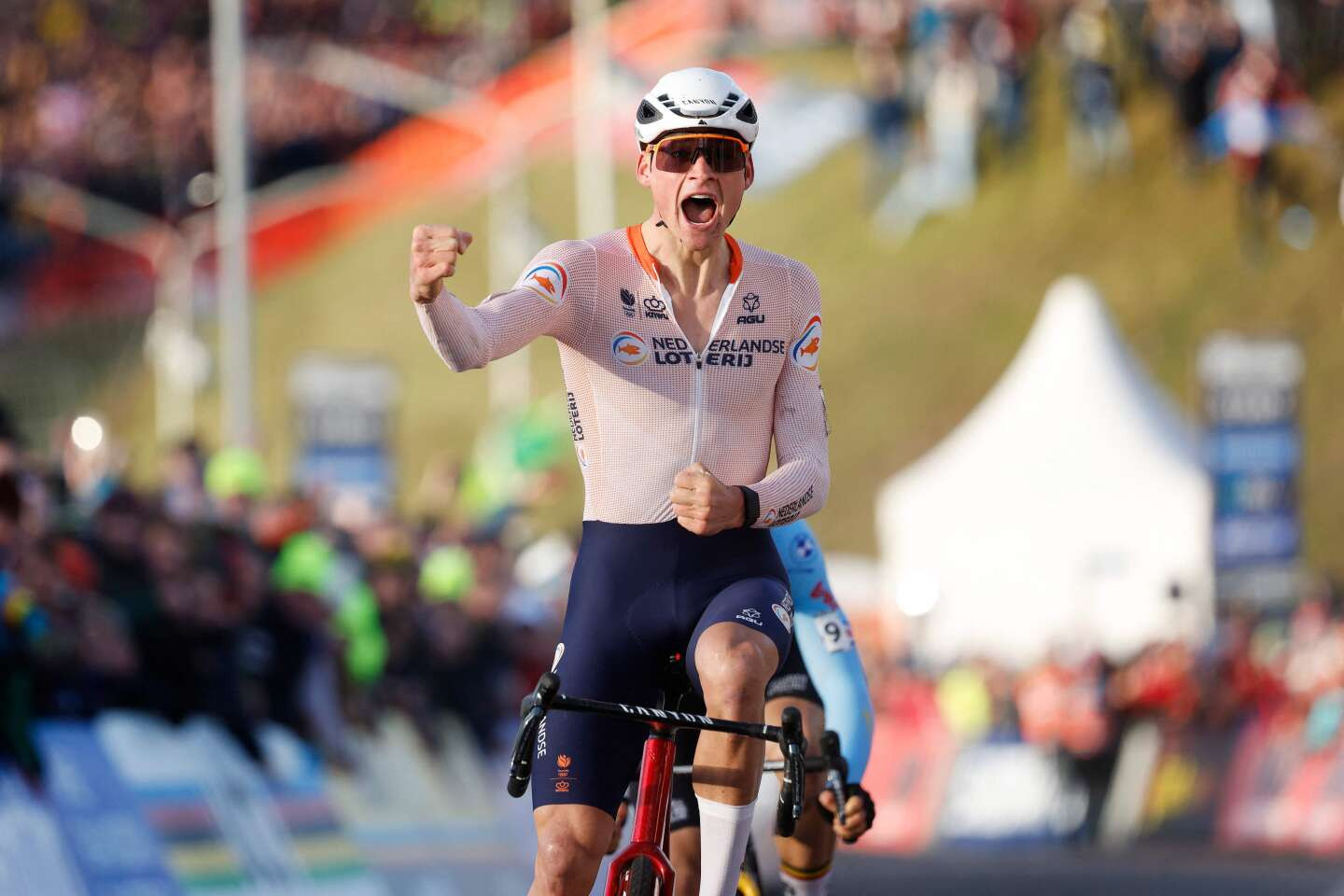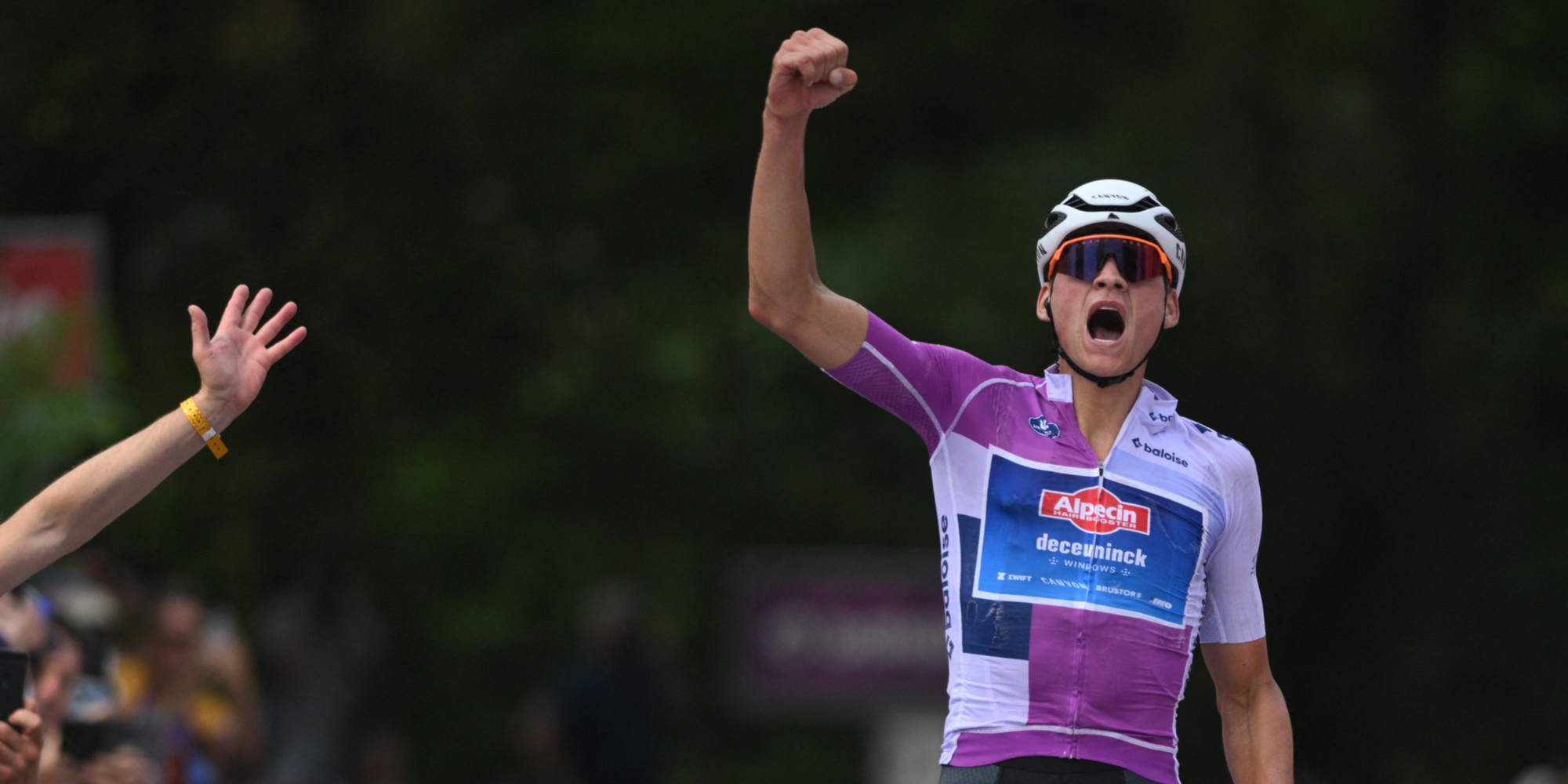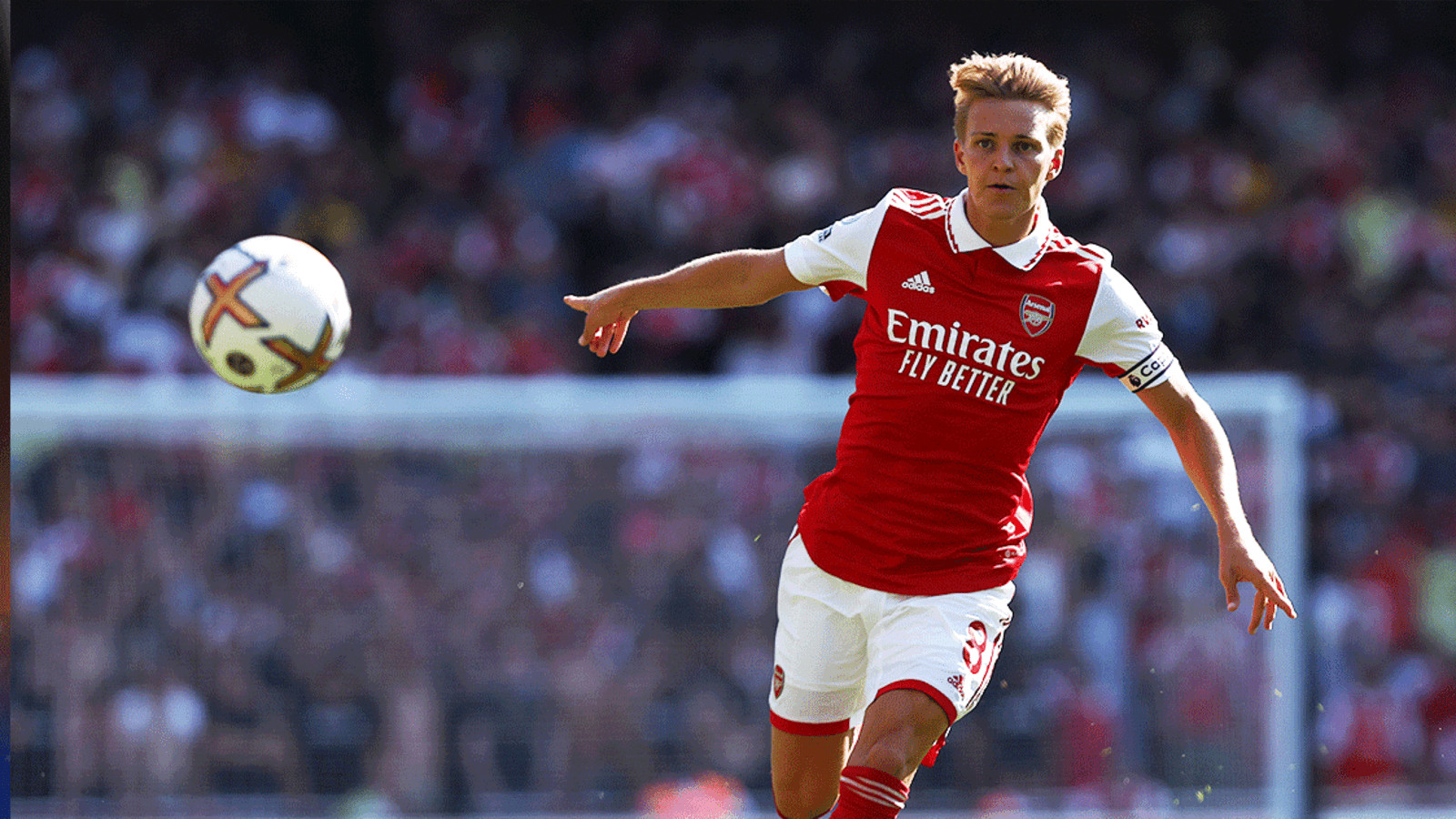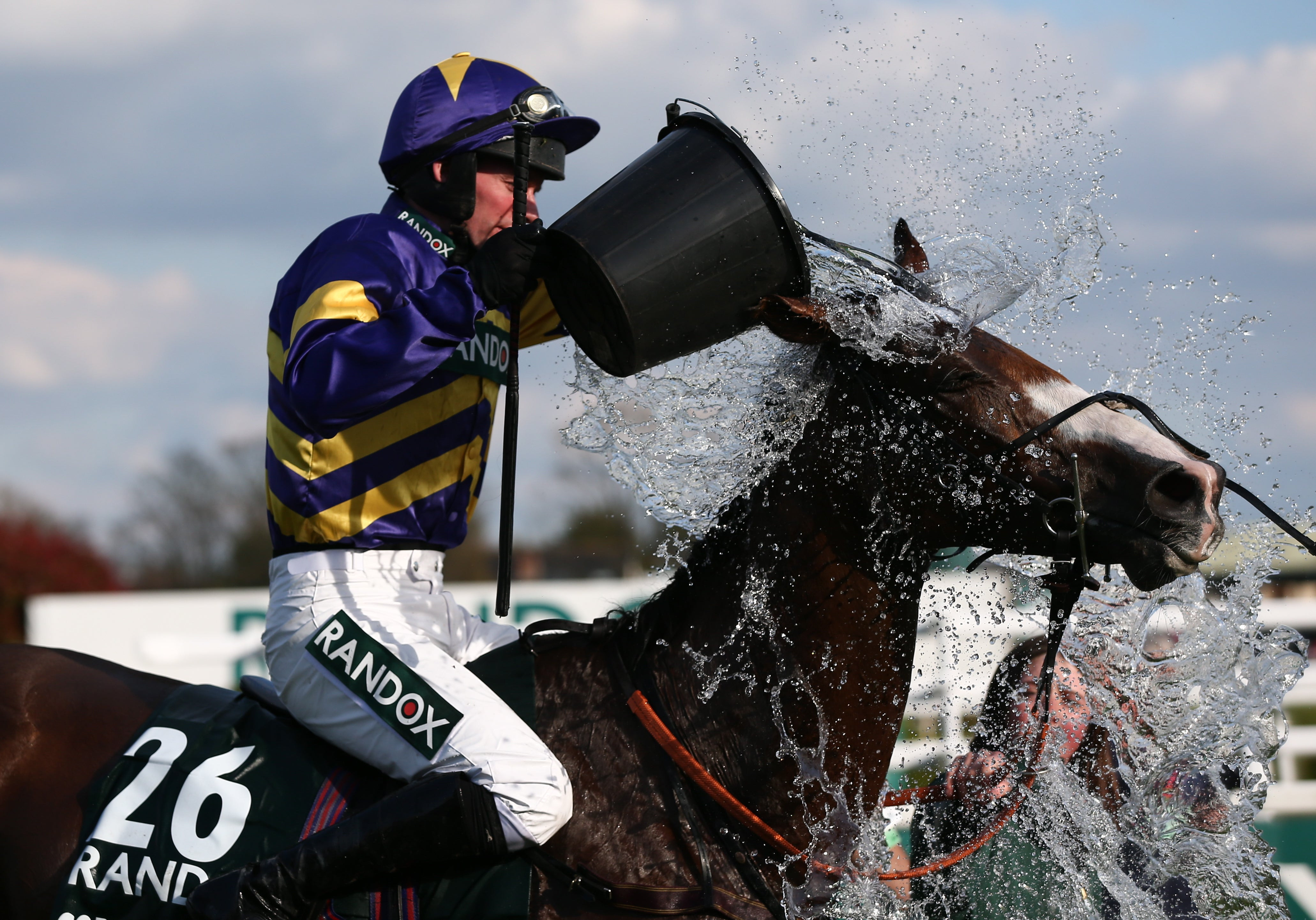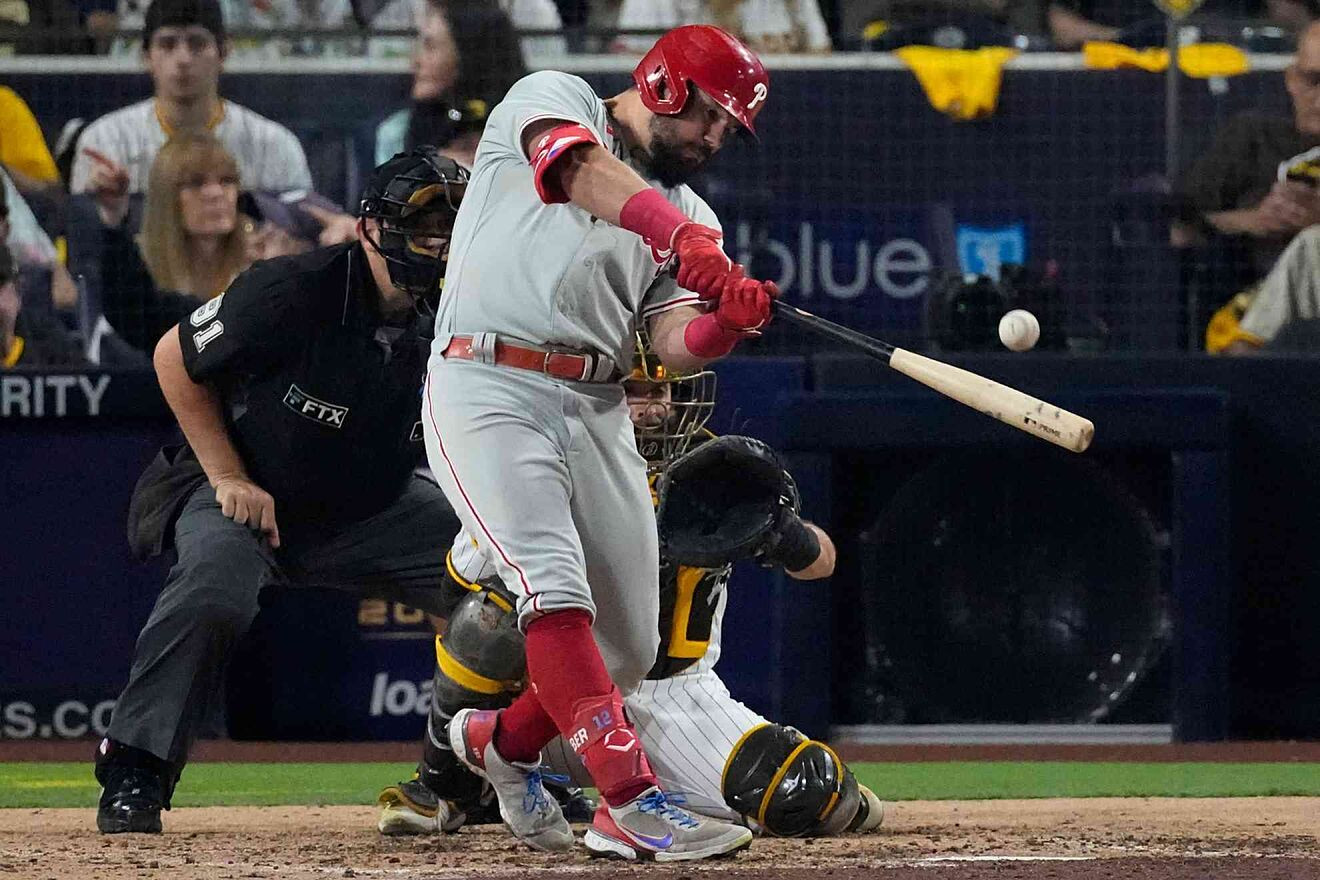The Belgian team had other plans.
On Saturday, the four rider-squad delivered Remco Evenepoel to an unprecedented victory under the shadow of the Eiffel Tower. The former world champion became the first man to win the Olympic road race and Olympic time trial in one Games. While Evenepoel leaves France with the medals, his road race gold was a team effort a week in the making.
In the post-race press conference, Belgian national coach Sven Vanthourenhout, laid out a plan so perfect not even a flat tire could deflate their effort.
The team’s road race strategy started from the moment Evenepoel and compatriot Wout van Aert shared the men’s Olympic time trial podium, winning gold and bronze. That sensational effort allowed the team to publicly downplay their chances of success in the road race. Who could foresee the Belgians winning again after such an effort?
“That allowed us to bluff a bit in the first hundred kilometres,” an emotional Vanthourenhout revealed after the historic road race victory. After letting the other teams work during the opening stages of the race, the Belgian’s sent hard man Tiesj Benoot out to ramp up the pressure.
“We let Tiesj ride,” Vanthourenhout shared, “But in such a way that the rest would feel it too. Half of the peloton had to sit on their last legs.”
What that put much of the field under pressure, the Belgian squad knew they would still have to find a way to neutralized Mathieu van der Poel. A two-pronged plan, requiring two of the world’s best racers, was in place before the race began.
Assuming, correctly, that the Dutchman would attack on the cobbled climb up Montmartre, Belgium planned to attempt a counter.
“Nobody, absolutely nobody in the world can ride up a hill like Montmartre like Mathieu van der Poel. He is a phenomenal athlete who can make an effort that would normally make everyone sit down,” Vanthourenhout shared, before revealing Wout van Aert’s golden sacrifice. “We talked about it extensively. Wout said: ‘I’m going to try, I have nothing to lose. I’m the only one of the four who should be able to do that, or at least come close. So I take the responsibility to do that’.”
In giving up his own ambitions, or at least limiting them to a potential head-to-head contest with van der Poel, van Aert opened the door for Evenepoel’s golden attack. He successfully followed van der Poel’s attack up Montmartre, neutralizing the powerful Dutchman.
“We planned Remco’s attack for later. And that’s where he eventually rode away,” Vanthourenhout, said, revealing the two-stage winning move. “It all seemed easy, but you need the quality of the guys to pull this off.”
In his own post-race interview, a resigned van der Poel shared how perfectly the Belgian plan worked.
When his first attack up Montmartre resulted in a small breakaway group, van der Poel told the press that “I actually thought the race was over there. We rode away with four or five men, all strong riders. We also had a nice gap, so I thought the race would be between us.”
When they were caught, MvdP says “Remco went at the right moment.”
The Dutchman tried one more effort to separate himself from the field and go off in pursuit of Evenepoel. Again, he went on the same climb and again fell into the Belgian trap.
“I myself did all or nothing one more time for Montmartre. I got Wout with me and of course he didn’t ride, because Remco was in the front. That’s the race situation.”
Evenepoel was then left with enough of an advantage, after chasing down the early leaders, that even a flat tire in the final kilometers could not stop his golden parade.
And that is how the Belgian team turned a course that was perfect for Mathieu van der Poel into the perfect trap.
The Trap Was Set
The Belgian team’s strategic brilliance was evident in their ability to preempt van der Poel’s signature attacks. They understood his strengths, his tendencies, and his weaknesses, and they built their plan around those insights. Their execution of the plan, with van Aert’s crucial role in neutralizing van der Poel’s attacks, demonstrated the team’s cohesion and tactical understanding.
A Victory for Teamwork
Evenepoel’s gold medal was not just a personal triumph but a testament to the strength of the Belgian team. The team’s commitment to the strategy, and their ability to adapt and react to the changing dynamics of the race, proved decisive in achieving their ultimate goal. By recognizing the strengths of their individual riders, the Belgian team harnessed their collective power to achieve victory.
A New Era of Belgian Cycling
Evenepoel’s victory, aided by the tactical brilliance of the Belgian team, marks a new era of dominance in cycling. This triumph is a sign of the growing depth and strength of the Belgian cycling program, and a testament to the strategic brilliance of their coaching staff. The Belgian team’s tactical mastery sets a new standard for success in the sport, highlighting the importance of teamwork and strategic planning in achieving greatness.
The Future of Cycling
The Belgian team’s victory serves as a blueprint for future success in cycling. Their strategic approach, coupled with the talent and dedication of their riders, has set a new benchmark in the sport. Their performance has not only inspired other teams to raise their own game but has also elevated the level of competition, making cycling even more exciting and unpredictable. The future of cycling is bright with new strategies and tactical approaches emerging to challenge the established order. This triumph is a reminder that in a sport as demanding as cycling, teamwork, strategy, and a willingness to adapt are paramount to success.




